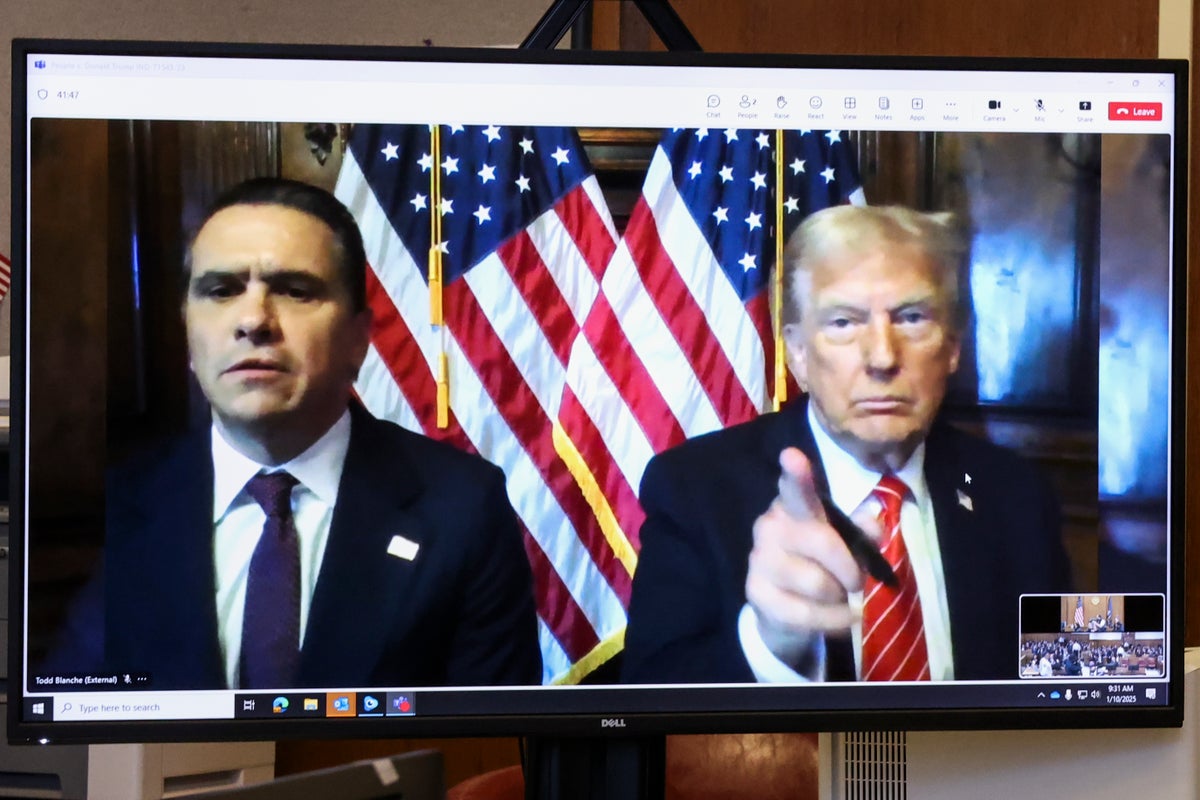OPEC is likely to stick to an existing deal to add 400,000 barrels per day (bpd) to its output for November when it meets next week, sources said, despite oil hitting a three-year high above $80 a barrel and pressure from consumers for more supply.
The Organization of the Petroleum Exporting Countries and allies led by Russia, known as OPEC , agreed in July to increase production by 400,000 bpd each month to phase out 5.8 million bpd in cuts. It also agreed to assess the deal in December.
“So far we will keep the plan to increase by 400,000 bpd,” one of the sources said.
OPEC , which has held regular meetings, agreed in September to continue with its existing plans for an October output rise.
The OPEC Joint Technical Committee (JTC), which met on Wednesday, sees the oil market in a 1.4 million bpd surplus next year under its base scenario, slightly below the previous forecast of 1.6 million bpd, a presentation seen by Reuters showed.
In opening remarks to the JTC, OPEC Secretary General Mohammad Barkindo said the current OPEC deal is helping to keep the oil market balanced.
“From where we stand today, the OPEC and non-OPEC ministerial decisions to begin returning 400,000 bpd to the market each month continue to help balance the need for incremental increases to address demand, while guarding against the potential for supply overhangs,” he said, according to OPEC’s Twitter account.
The JTC sees the oil market in a 1.1 million bpd deficit this year, assuming demand growth of about 6 million bpd. It assumes demand growth of 4.2 million bpd next year.
The sources said OPEC ministers, who meet online on Monday, would consider the JTC’s findings before making a final decision.
Brent oil rose to a three-year high above $80 a barrel on Tuesday, boosted by unplanned outages in the United States and a strong demand recovery after the pandemic hammering. Prices were trading just below $80 on Wednesday.
The White House, which in August raised concerns about high prices, said on Tuesday it was in communication with OPEC and looking at how to address the cost of oil.
India, the world’s third-biggest oil importer and consumer, signalled on Tuesday that a spike in crude prices would speed up the transition to alternative energy sources.
Energy ministers from OPEC members Iraq, Nigeria and the United Arab Emirates said in recent weeks the group saw no need to take extraordinary measures to change the existing agreement.
The JTC’s agenda includes compliance with existing cuts, which stood at 116% in August, meaning the group is cutting more than planned, with several members facing domestic constraints on increasing output. This points to a tighter oil market.
OPEC members Nigeria and Angola, major African oil exporters, will struggle to boost production to their OPEC quota levels until at least next year because of underinvestment and maintenance issues, sources said.
This means any major output increase by the group would have to rely on producers with spare capacity, such as Saudi Arabia and the United Arab Emirates.
Barclays said the demand recovery would outpace OPEC moves to taper its curbs “due partly to limited capacity of some producers in the group to ramp up output, which is likely to drive the inventory cushion to the lowest level in decades”.
Note: This article have been indexed to our site. We do not claim ownership or copyright of any of the content above. To see the article at original source Click Here











